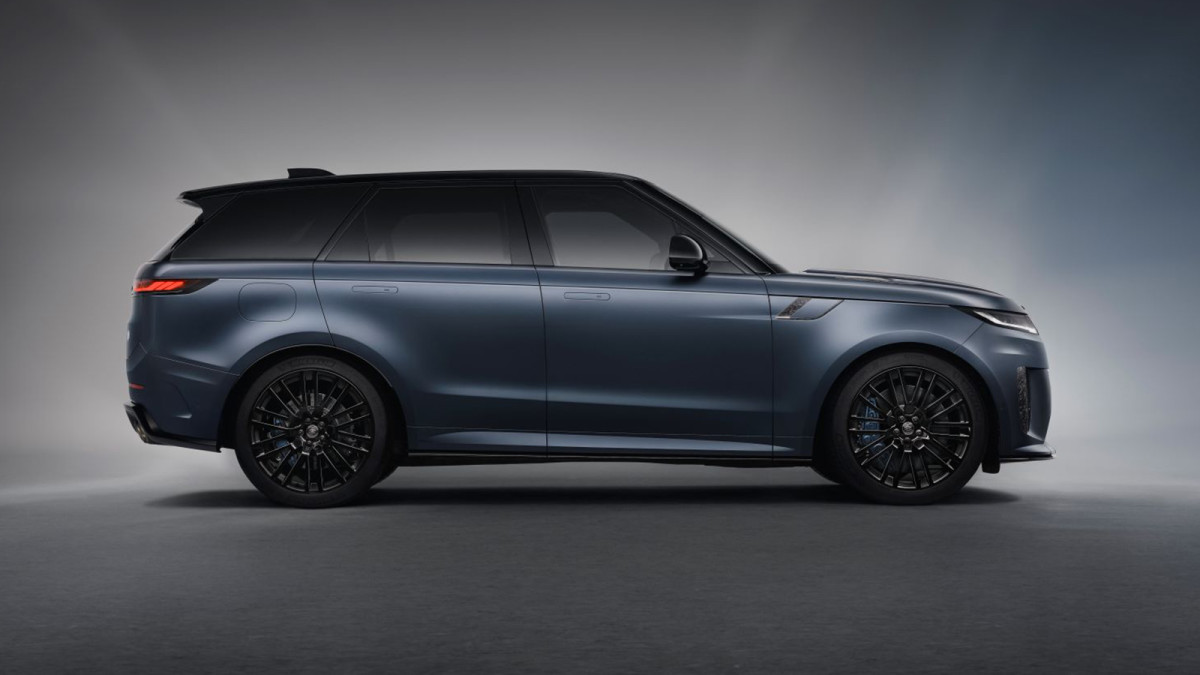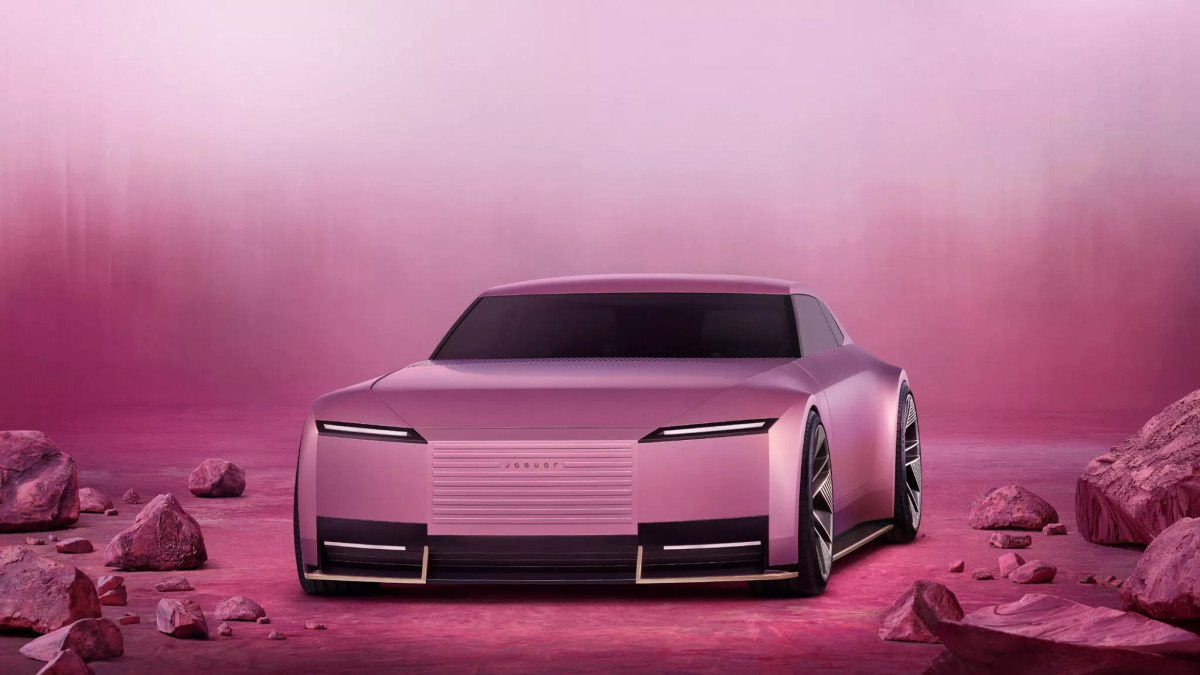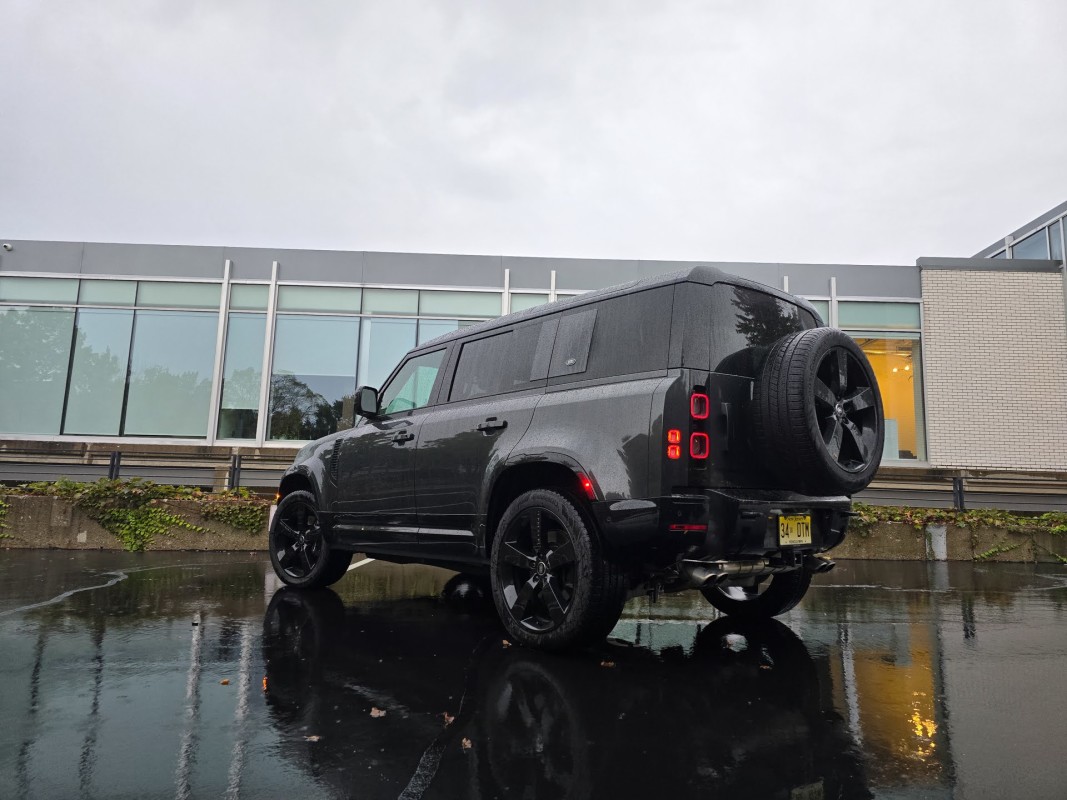JLR Faces New Tariff Hurdles

Jaguar Land Rover (JLR) recently found itself navigating a challenging predicament as a result of a sudden 25% import tariff on vehicles and parts coming into the United States. This move, announced by former President Donald Trump on April 2, left many automakers reeling. For Tata, the company that owns JLR, the timing couldn’t be worse.
In response to the tariff, JLR temporarily halted all shipments to the U.S. market. Given that about 25% of JLR’s worldwide sales originate from North America, this decision speaks volumes about the precarious state of their business. This market is crucial for JLR’s luxury brands, particularly amid declining profits — as reported by a 17% drop in their January quarterly figures. Now, faced with such tariffs, JLR is under pressure to quickly devise a new strategy.
Strategic Shifts

Unlike some of the major automotive giants that can rely on local manufacturing to cushion such blows, JLR has a narrower path of flexibility. This pause highlights the challenges that JLR faces, particularly as it embarks on a transformative journey for its brand. As Jaguar shifts its focus, veering away from traditional rivals like BMW and Mercedes, it’s moving towards the luxury segment populated by brands such as Bentley and Rolls-Royce. The Type 00 concept sedan, an electric vehicle revealed in Miami, illustrates this shift. The production variant, the Type 01, is scheduled for a 2026 debut, with prices expected to start around $130,000.
Focused on affluent, younger buyers, Jaguar’s rebranding has sparked debate. Despite the risks, Jaguar’s confidence in bolder luxury pricing may shelter some from the harsh impact of tariffs.
Challenges Ahead for Land Rover

In contrast, Land Rover’s situation could prove more challenging. Luxury Range Rover customers might absorb price hikes without much fuss, but the more budget-conscious buyers of models like the Defender may be harder hit. Without a similar rebranding effort, addressing the price sensitivity of these customers is a pressing concern for Land Rover.
The Way Forward
This tariff situation shines a spotlight on the urgent need for JLR to adapt swiftly. With dwindling demand in China and a fiercely competitive landscape, maintaining a strong foothold in the U.S. is essential. The future might demand quicker localization of production, a strong push towards high-end, exclusive models, or a reexamination of their current product lineup. One thing is for sure: JLR needs a sound strategy moving forward, and they need it soon.
Porsche Turbo Power
2026 E53 Wagon Unveil
Kia's Pickup Arrival
Tesla Charger Hit
Electric Boom Hits US